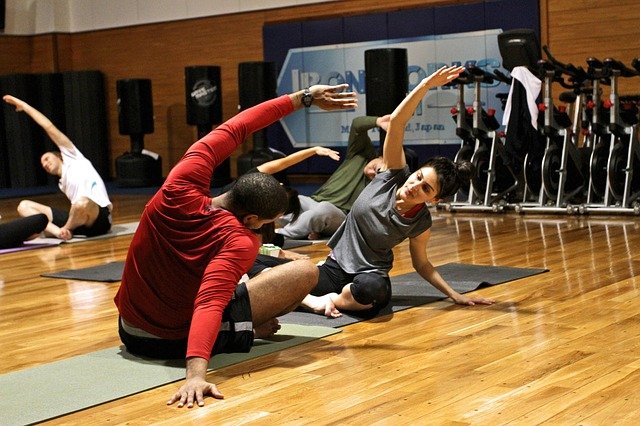Last year, Demetria Mack was wrapping up the fall semester of her sophomore year studying computer science at Howard University. She was finding some stability after an unsettling freshman year and was waiting to hear about summer internships.
Ms. Mack was profiled around that time for The New York Times Neediest Cases Fund about her experiences managing college during the pandemic and the assistance she received from Children’s Aid, which used money from The Fund to buy her a laptop and household necessities.
After she was interviewed, she learned she wasn’t chosen for the internship she wanted. But her disappointment was short-lived.
“Google didn’t work out, but Microsoft did,” said Ms. Mack, who took part in a virtual 12-week internship in product management and software development over the summer.
It turned out to be a great experience that she said gave her clarity about her career goals.
“Instead of going specifically into a software engineering role, I want to go into product management,” said Ms. Mack, who was able to travel to Seattle for a week to visit Microsoft’s main campus in Redmond, Wash.
When Howard shut its campus in Washington, D.C., last year and began holding courses remotely, Ms. Mack had to leave the dorm room that she had been excited to move into and stay with her foster mother in Brooklyn. It wasn’t easy for her to focus on her studies while her younger brother and another child also attended school online in the living room.
Ms. Mack, 20, returned to Howard in the fall of 2020, after working two jobs during the summer. She had worried about finding housing ahead of her sophomore year. Children’s Aid, one of the nine organizations supported by The Neediest Cases Fund, helped her find an off-campus residence and has since been paying her part of the nearly $1,100 rent on the four-room apartment she shares with three roommates.
Now studying mathematics as a minor, Ms. Mack relies on an $800 monthly stipend from Children’s Aid for her everyday expenses, and she is paying for her education through scholarships and endowment funds, eliminating the need for loans. Now that the fall semester is over, Ms. Mack is eager to learn whether her overall 3.87 G.P.A., which rose after she earned a 4.0 in the spring, has edged higher.
Ms. …….
Source: https://www.nytimes.com/2021/12/16/neediest-cases/pandemic-setback-comeback.html
